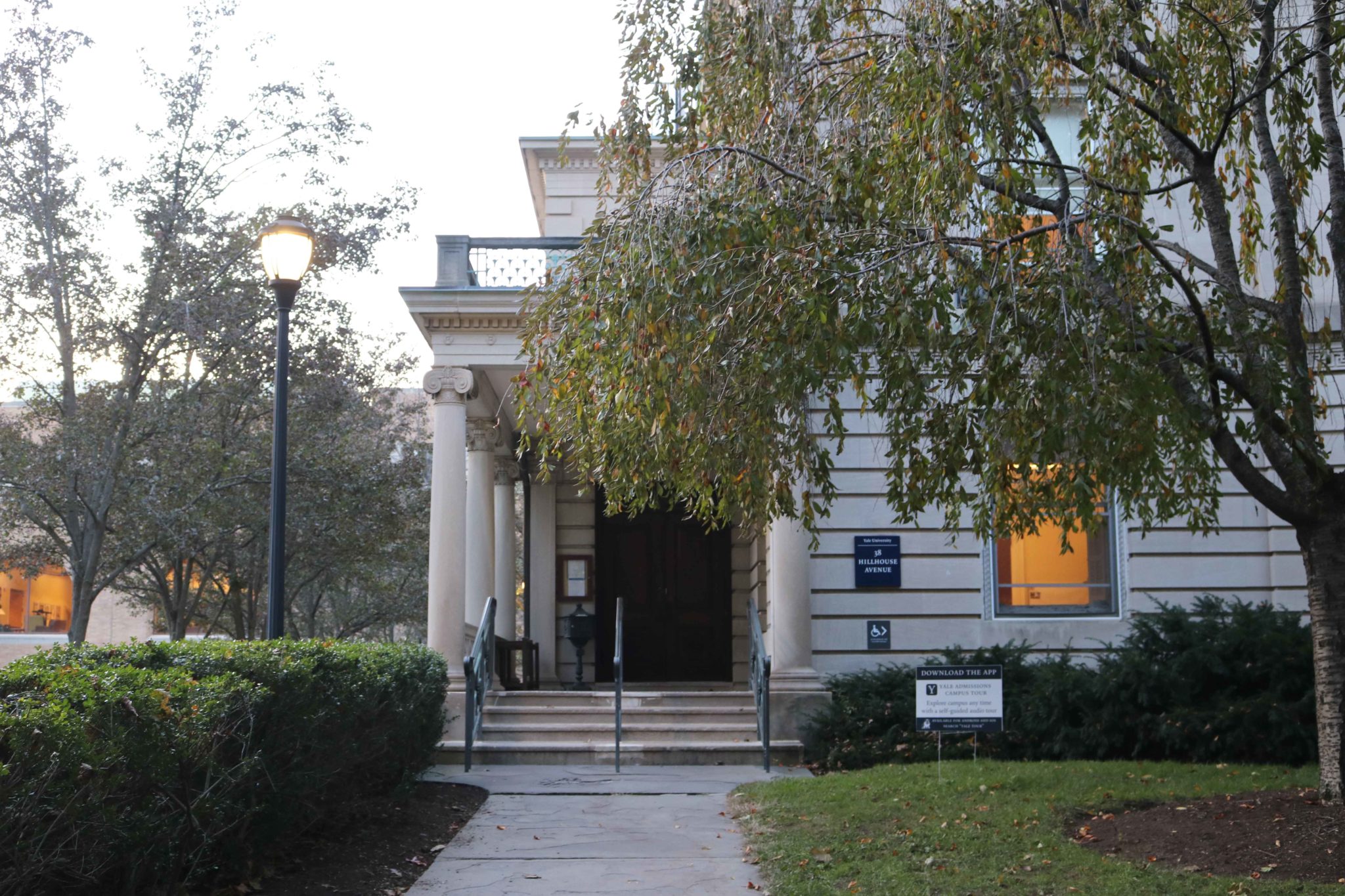
Yale Daily News
In March 2019, federal prosecutors charged 53 individuals — including celebrities and university athletic coaches — with paying or receiving bribes to help admit students to prestigious universities around the country. Yale was one of the universities implicated in what would come to be known as the “Operation Varsity Blues” admissions scandal.
The lawsuit accused Rudy Meredith, the former head coach of the women’s soccer team at Yale, of “accepting bribes in exchange for designating applicants to Yale as recruits for the Yale women’s soccer team, and thereby facilitating their admission to the university.” Meredith resigned in 2018 after running the Yale women’s soccer program for 24 years. His resignation came after six months of federal investigation, the findings of which became public in 2019.
The Yale Office of Undergraduate Admissions deferred comments to Yale’s Office of Public Affairs and Communications, which released a statement saying that the admissions office was “the victim of a crime perpetrated by its women’s soccer coach, who is no longer at the university.” The University also announced that it had rescinded the admission of one student as a result of the charges and that it was implementing new regulations to prevent fraud of this kind from occuring again.
“Everyone regrets the illegal activity,” Tom Conroy, the University spokesman at the time of the scandal, wrote in a 2019 email to the News. “The University, however, has been responding to it appropriately and keeping the community informed in a timely manner.”
The broader Varsity Blues scandal — which implicated 11 universities including Yale — focused on a for-profit admissions company based in Newport Beach, California. According to the charges, the company’s owner, William “Rick” Singer, received $25 million from parents to help their children get into elite colleges. Singer’s practices included helping students cheat on college entrance exams through fraudulent claims of learning disabilities, and bribing varsity sports coaches to recommend Singer’s clients for admission as athletic recruits. The United States Department of Justice claimed that Meredith had worked with Singer since April 2015. Other universities implicated in the scandal included Stanford University, Georgetown University and the University of Southern California.
The DOJ pointed to two specific instances of illegality from Meredith, who allegedly accepted a $400,000 bribe from Singer in exchange for allocating a recruitment space on the women’s soccer team to a student who did not play soccer. Meredith also allegedly attempted to receive a $450,000 bribe independent of Singer on another occasion, also to designate a spot on the soccer team to a non-athlete. Of these two applicants, only one was granted admission, however this was later rescinded by the University.
Meredith pled guilty to wire fraud and conspiracy charges in March of 2019.
According to prosecutors, a Los Angeles-based individual tipped off federal investigators about Meredith’s acceptance of bribes in order to gain leniency for an unrelated securities fraud case. The Wall Street Journal reported that this individual was financial executive Morrie Tobin ’85, who had learned of Singer’s practices while his daughter was seeking admission to Yale. Federal prosecutors said that the first time they heard the name William “Rick” Singer was when Meredith mentioned it in a taped conversation with Tobin.
In an email to the Yale community the day the scandal was made public, Yale President Peter Salovey wrote that the University did not “believe that any member of the Yale administration or staff other than [Meredith] knew about the conspiracy.”
In his campus wide email, Salovey also said that in response to the scandal, Director of Yale Athletics Vicky Chun would implement new policies to better oversee and assess Yale Athletics’ coaching staff to “ensure that student-athletes receive an excellent education at Yale and to enhance the quality of [Yale’s] athletic programs.”
Salovey’s email announced that Chun would “implement a code of conduct for athletic recruitment” alongside Dean of Undergraduate Admissions and Financial Aid Jeremiah Quinlan. Furthermore, the two also planned to implement “more robust training for all coaches” to help them better understand Yale’s recruitment policies, according to the email. Chun planned to conduct reviews of every coach’s roster of recruits before they were sent to the admissions office.
Moreover, Salovey announced in August 2019 that the Office of Undergraduate Admissions would audit a sample of the application pool each year, and that during that time, both the admissions and athletic offices would conduct a “preliminary review” to verify applicants’ athletic credentials and protect against fraudulent athletic endorsements. Salovey also announced that coaches would be required to report all “athletic-related income” they received from sources beyond Yale.
“I am confident that these changes will strengthen the athletic recruiting process and the undergraduate admissions process while preserving our ability to identify and respond to exceptionally promising students from all backgrounds,” Quinlan told the News in August 2019.
Singer pleaded guilty to all the charges he faced in March 2019, including racketeering conspiracy, money laundering conspiracy, conspiracy to defraud the United States and obstruction of justice and continues to cooperate with prosecutors.







